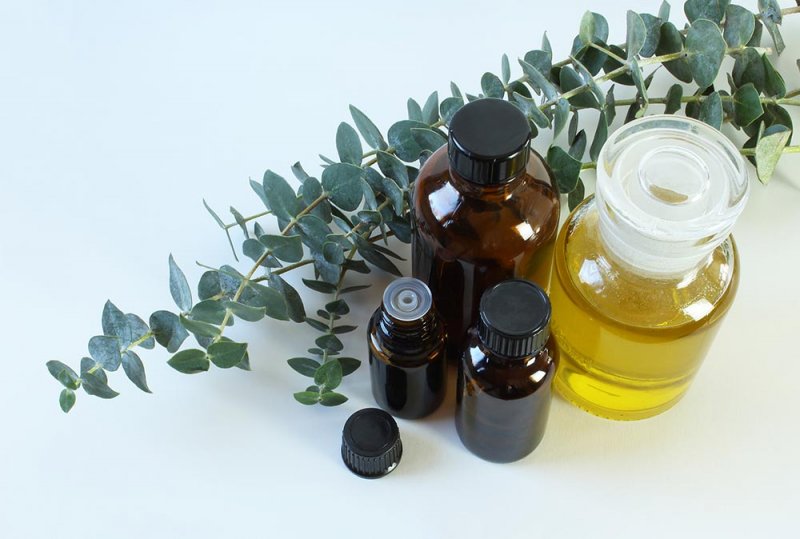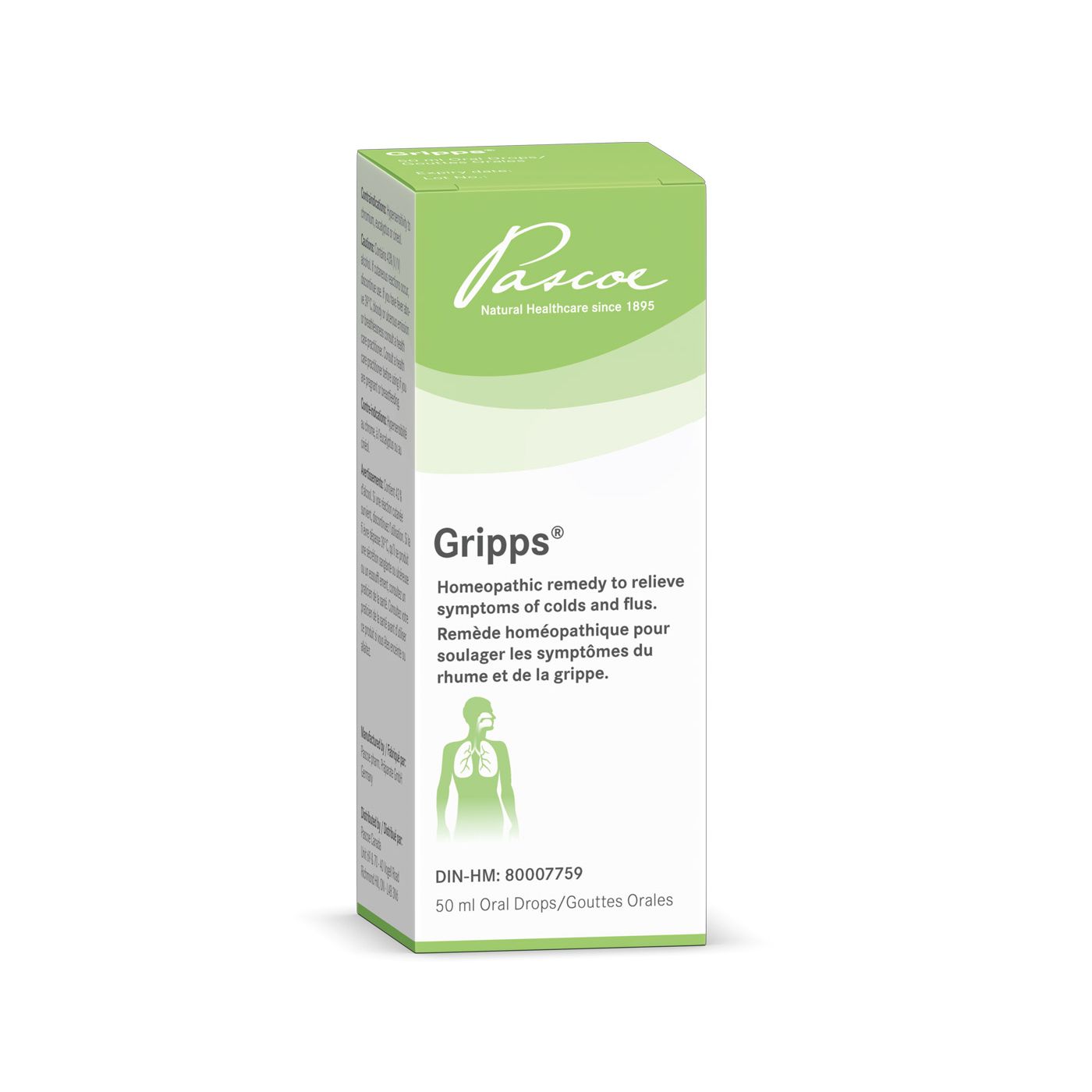Thyme


Eucalyptus
Eucalyptus globulus is an evergreen tree that is also known as gum tree or blue gum. Native to Australia, the fast-growing tree is appreciated for its durable wood. But eucalyptus has also been used for centuries for its many health benefits.
Australian Aboriginal Peoples already knew how to use eucalyptus oil for pain. E. globulus ointments were common pain relievers for joint and back pain. To treat sinus issues, colds, and fever, they made infusions of the leaf oil.
The evergreen leaves contain a volatile oil known as eucalyptus oil. Nowadays, it is steam distilled and produced in many countries. The aromatic oil is used as a flavoring, in aromatherapy, and in medicines.
Eucalyptus essential oil has strong antimicrobial effects. It is widely found in cold and flu products. The oil is also a common ingredient in perfumes and cosmetics, dental preparations, or cleaning products. Eucalyptus extract can help with bad breath, soothe irritated skin, and is used in insect repellents.
In the time of the gold rush, the tree was brought to North America. Today, it is grown in many temperate regions of the world.
Origin and types
The eucalyptus genus is part of the myrtle family (Myrtaceae). There are over 700 species native to Australia. These species are very diverse and can be sorted into eucalyptus shrubs, called mallees, and trees.
Eucalyptus globulus is found in the southeastern part of Australia. The tall trees are commonly known as blue gum or southern blue gum. Their extreme drought tolerance and fast growth makes them the most frequently planted eucalyptus in the world.
The leaves of E. globulus and many other eucalyptus species contain glands that produce aromatic eucalyptus oil. However, only a few species are used commercially, and their oils are not the same. They each have different eucalyptus oil benefits and uses due to their varying chemical composition.
Eucalyptus globulus is the main source of eucalyptus oil used worldwide. It has a high content of the chemical compound called 1,8-cineole, also known as eucalyptol. Cineol has an intense smell and evidence based respiratory benefits. This makes E. globulus a key ingredient in many cough and cold products.
Eucalyptus radiata or narrow-leaved peppermint gum produces an oil that also contains a high cineole level. It has many of the same properties as E. globulus essential oil but a slightly softer odor.
The oil of Eucalyptus citriodora or lemon-scented eucalyptus has a high level of citronellal. It is effectively used in mosquito repellents and to prevent tick bites.
What does the plant look like?
The tall trees commonly grow to a height of 45 m. Their straight trunk has a greyish bark that is peeling in long strips. The inner bark is light yellow bluish.
The juvenile leaves are bluish green. The adult leaves are more elongated, and green both on their upper and lower surface. They have a distinct menthol smell.
From winter to early summer, single flowers appear. The flower buds are covered with a cap that falls off as the flower opens. The fuzzy flowers are white or cream with many stamens instead of petals.
They develop into greyish woody fruit that people call gum nuts. However, the warty fruits are actually capsules. They open on ripening and their small seeds are wind dispersed.


Where does the name come from?
The name comes from the Greek words ‘eu’, meaning well and ‘calyptos’, meaning covered. It refers to the cap that covers the flower buds. The species name globulus means little button in Latin. It describes the button-like cap on the fruits.
Many eucalyptus trees are called gum trees because of the gum-like sap that the trunks exude if damaged.
Eucalyptus globulus as a medicinal plant
It is long known that eucalyptus benefits the respiratory system. More recently, this traditional knowledge has been backed up by studies.
Clinical research shows analgesic and anti-inflammatory effects of essential oils of eucalyptus. Scientists found out that the monoterpene 1,8-cineole in the plant’s oil is responsible for these positive effects of eucalyptus.
A placebo-controlled clinical trial tested the oral use of cineole in patients with acute bronchitis. One patient group took 200 mg cineole three times daily for 10 days, the other group only a placebo. After 4 days, the patient group treated with cineole showed significantly more improvements, including a reduced cough frequency.
Cineole, also known as eucalyptol, also seems to be promising for steroid-dependent asthma. A study over 12 weeks compared the treatment of 200 mg cineole three times daily to placebo. The cineole treatment led to an average reduction in prednisolone doses of 36%, compared to a 7% reduction in the placebo group.
Experimental data showed that cineole also has a strong antimicrobial activity. Combined with its natural fragrance, this makes it a useful ingredient for cleaning products, but also for oral health products. Still, more clinical studies are needed.
Medicinal Properties of Eucalyptus
Eucalyptus essential oil has many biological activities including
- antimicrobial - antibacterial, antifungal, antiviral
- antioxidant
- anti-inflammatory
- decongestant
- analgesic effects
How and what is it used for?
Eucalyptus uses are numerous and popular. The leaf extract and oil are key ingredients in cough and cold products, toothpaste, and mouthwashes.
People are inhaling eucalyptus oil for their stuffy nose or use it in aromatherapy. It is applied to the skin as a component of pain relievers, cosmetics, or insect repellants.
Eucalyptus oil can also be found in antiseptics and cleaning products.
How does it work?
1,8-cineole or eucalyptol is the major component of the essential oil made from E. globulus leaves. But it can also be found in other herbs such as rosemary, sage, or mint. Research findings suggest that it is mainly responsible for the plant’s health benefits.
Scientists discovered several modes of action how eucalyptol reduces pain and inflammation. One of them is to inhibit cytokines responsible for inflammation. Another is to scavenge free radicals and thus reduce oxidative stress. However, research on this bioactive substance is still ongoing.
Eucalyptol is also known for its strong antibacterial effects. It seems to damage the cell walls and membranes of certain bacteria. The cells start deforming, leaking and the bacteria die.


What makes Eucalyptus different?
The leaves and their leaf oil have numerous uses and health benefits. Since eucalyptus is a powerful herb, already small amounts show an effect on the body.
Cautions and drug interactions
Eucalyptus is likely safe when taken by mouth in food amounts. It has Generally Recognized as Safe (GRAS) status in the US for use as a flavoring in food.
Still, eucalyptus oil should never be ingested or applied to the skin full-strength. To avoid any toxic effects, the essential oil must always be diluted. It contains eucalyptol, which can cause seizures when consumed in high doses. However, you can easily blend a few drops of eucalyptus oil into a carrier oil such as coconut oil.
Eucalyptus can cause allergic reactions and should not be used if hypersensitive to it or to cineole. Other possible side effects in sensitive people are digestive disorders or skin reactions.
Avoid using eucalyptus oil in medicinal amounts during pregnancy and lactation as there is not enough safety data available.
Remember that it is always a good idea to talk to your doctor before using any new health product.
Pascoe products that contain Eucalyptus:
Disclaimer
Pascoe Canada does not offer health or medical advice as we are not a healthcare practitioner. Please speak with your healthcare practitioner before beginning any program related to nutrition, diet, exercise, fitness, medical, and/or wellness. All content published by Pascoe Canada is developed through collaborating with licensed medical professionals and contributors. This includes text, graphics, images, and other material on the website, newsletter, and products (“Content”). This content is for informational purposes only and does not constitute medical advice. The content does not substitute professional medical advice, diagnosis, or treatment. Please always do your own research on whether this is for you along with your healthcare practitioner advice. Always consult your healthcare practitioner prior to use specific herbs because you might have underlined conditions needs professional care. The content is general in nature and are subject to change. It is not intended to cover all possible uses, directions, precautions, warnings, drug interactions, allergic reactions, or adverse effects.


